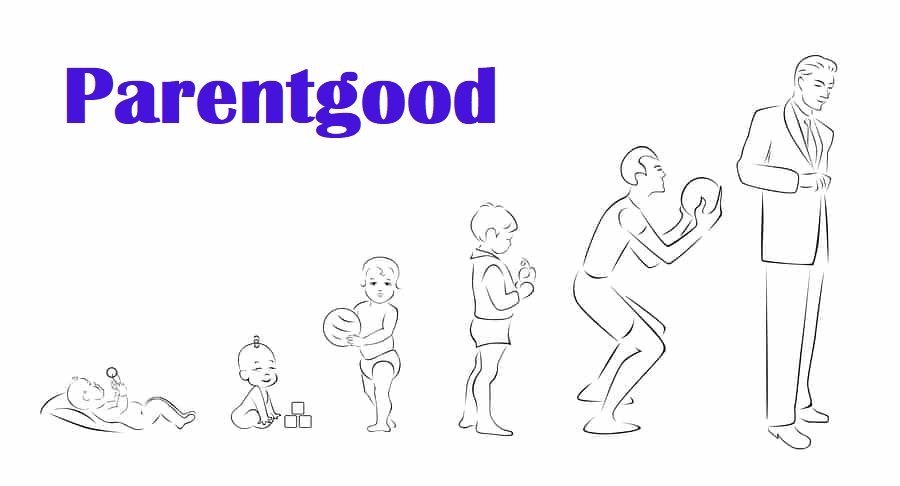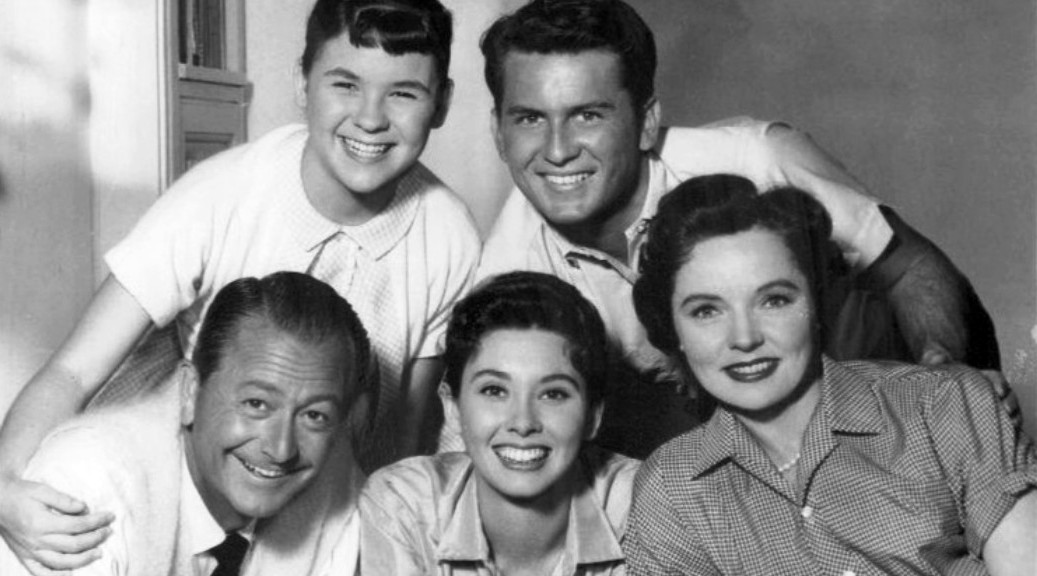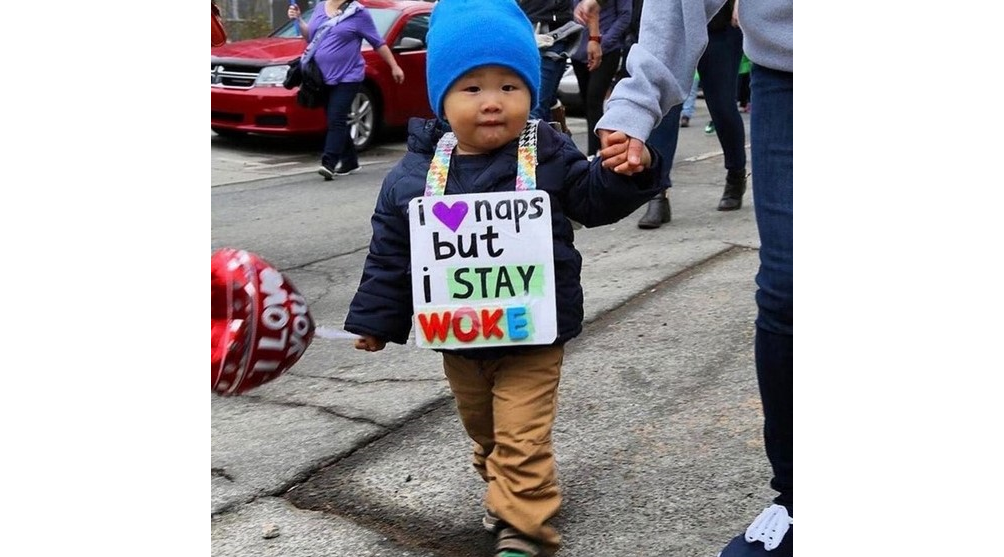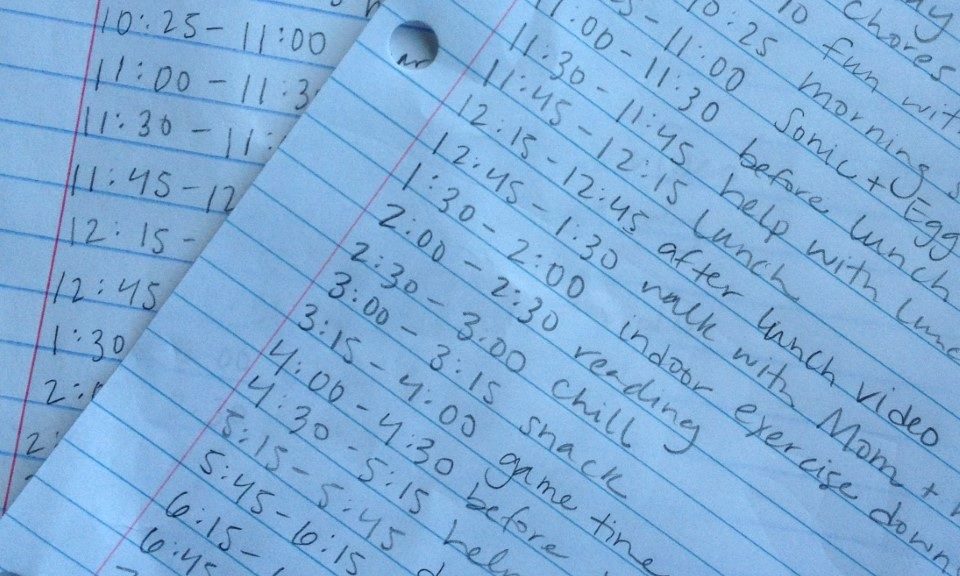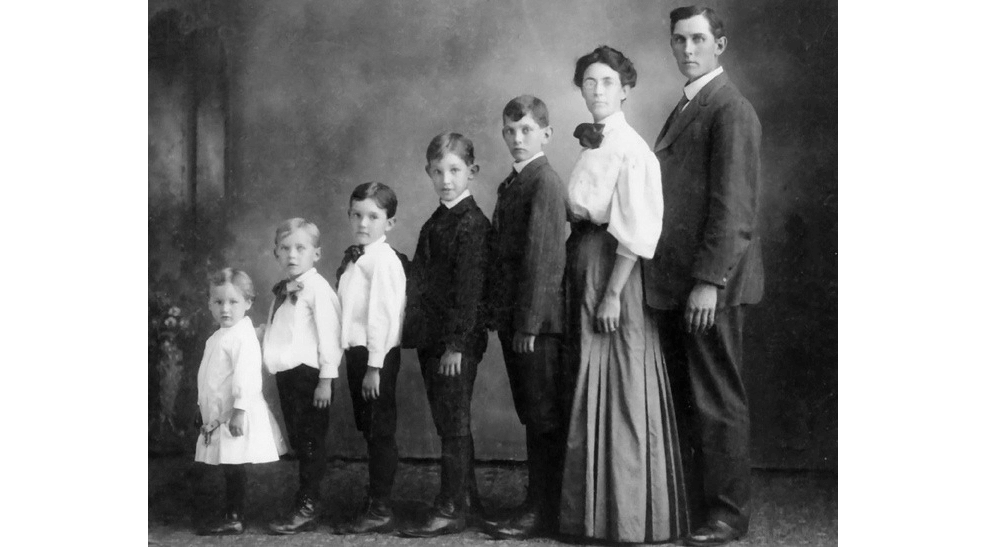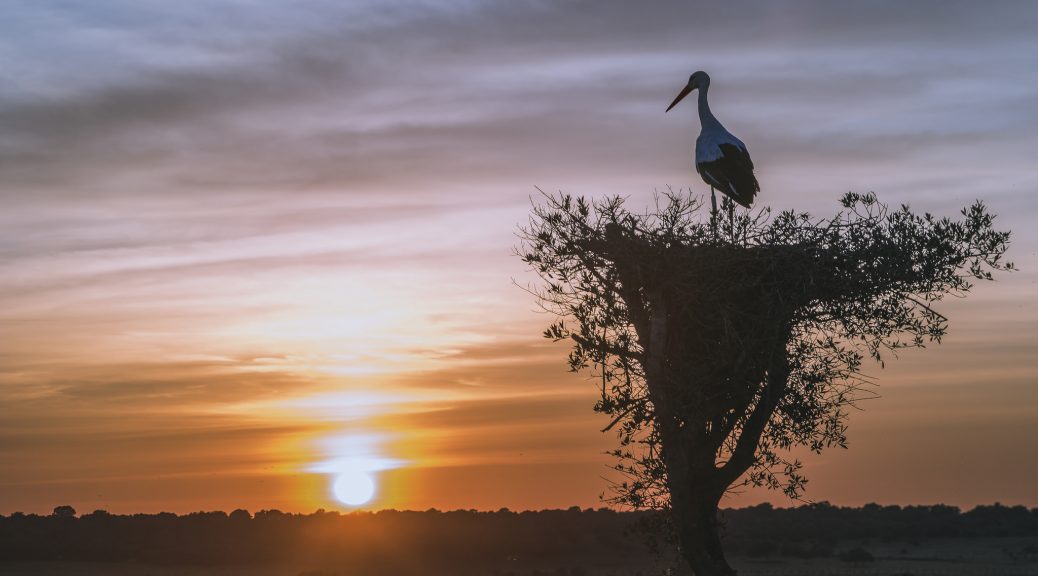Aquinas turns 13 today. I am now the parent of a teenager. This feels weird. In addition to the general “time goes too fast” element, we’ve had all sorts of transitions with Aquinas lately – starting at a new school, joining a new sport, making new friends, etc. So far I feel like we’re navigating things well. But I keep waiting for the other shoe to drop.
We’re just 2 weeks in, but 7th grade has been a very good experience so far. This transition involved moving from the private elementary school to the public high school building. In elementary school there were just 11 other kids in his class, and even though they pretty much all got along, their interests tended to diverge. His elementary class makes up about 20 – 25% of his grade now, so there’s just a lot more students to interact with. It sounds like that variety has actually made his elementary school group of friends even closer – they all have lunch together every day, but get to be social with other kids throughout their classes.
Part of what is so striking to me about this is that this was a big area of anxiety for me. When I was in middle school I was pretty miserable at making friends, at being social, etc. I basically just read in the library every morning because I couldn’t stand open gym or the hallway scene. So I was nervous about him making new friends – when we came to town it was tough for him to find his place in a small class. But now he seems like he’s doing fine.
Actually, he was elected the 7th grade homecoming representative, so I guess he’s probably doing better than fine? (Well, he was the 1st one who didn’t turn it down, so he was like 3rd or 4th or something – but other 7th graders are too shy for that kind of attention, and he’s comfortable enough, apparently.) (this whole thing is a weird development to me… I still don’t trust it. But I take his comfort in accepting it as a good sign – most 7th graders crave the safety of anonymity. He’s talked about being comfortable with attention but not engaging in attention-seeking behavior.).
I think one of the biggest reasons for his acclimation is that he’s been able to build some confidence being in cross country. Literally no other 7th grade boy is running cross country (and only 2 or 3 girls are), but in a small school like ours, he gets to run with the JV high school team. He’s not in their social circles, but they congratulate him after races, wish him well, etc. Just having a few upper classmen know your name is apparently a confidence builder. A few of the volleyball players get a similar experience of being grouped with the high schoolers, but football and some of the other things are still on their own. So he kind of lucked out in that.
So if I have one piece of advice to give in this post it’s to make sure your kids get involved in the school early.
That said, there have been all sorts of weird things to navigate too. There’s crushes and relationships – nothing actual yet, but some rumblings under the surface, and a few friends who are starting to head that direction. There are also few kids in the school who we know we need to watch out for in a way we didn’t have in the small school. There’s obviously a lot more alcohol/sex/drug exposure in various forms. We’re pretty comfortable talking about all those things, but a lot of that relies on him bringing it up if and when he’s exposed to it. At some point – probably a few years away – there will probably be parties and more direct exposure too. If anyone has any tips, by all means, please share them.
We’re also navigating a new class schedule, multiple teachers, and real homework for the first time ever. Aquinas definitely gets stressed when he doesn’t have some time to himself, so we’re trying to be active in helping him review his schedules and keep on top of things. That was never a strong suit of mine, and too often I find myself thinking about this after the kids have gone to bed, and not before. So in this, too, if there is advice, I’ll take it.
Anyway, this post is mostly just a placeholder – we haven’t had a Parentgood in a long time, and there’ve been a lot of changes in my life (that you’ve now read about!). So what are y’all going through, and what advice do you have for life with a teenager?



 (2 votes, average: 9.00 out of 10)
(2 votes, average: 9.00 out of 10)